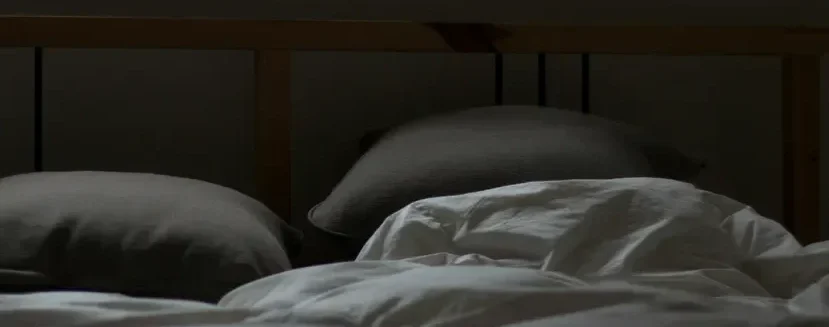Do you often find yourself wrestling with migraine attacks? Sleep could be a game-changer in your battle against this debilitating condition. A groundbreaking study by researchers at the University of Arizona Health Sciences has unearthed a crucial link between poor sleep and migraine attacks, hinting at a potential avenue for relief.
For years, the relationship between sleep and migraines has intrigued scientists and sufferers alike. However, until now, the exact nature of this connection has remained elusive. This recent study, led by principal investigator Frank Porreca, PhD, sheds new light on the matter.
Drawing on preclinical mouse models, the research team delved into the intricate interplay between sleep disruption and migraine-like pain. Contrary to previous assumptions, the study revealed that it’s not migraine attacks themselves that disrupt sleep, but rather, poor sleep that heightens the likelihood of migraine episodes.
So, what does this mean for those grappling with migraines? It underscores the importance of prioritizing sleep health. By adopting simple strategies to improve sleep quality – such as reducing screen time before bed and embracing good sleep hygiene practices – individuals with migraines may be able to significantly decrease the frequency and intensity of their attacks.
Porreca emphasizes the significance of this finding, particularly for the millions of women who bear the brunt of migraine’s impact. With migraine attacks often striking at the most inconvenient times, such as early mornings when responsibilities loom large, ensuring adequate sleep becomes paramount for overall well-being and functionality.
This study not only deepens our understanding of the intricate relationship between sleep and migraines but also offers tangible steps towards managing this pervasive condition. By prioritizing sleep hygiene and making restful sleep a priority, individuals can potentially reclaim control over their lives, one migraine-free day at a time.
[Reference: Lillo Vizin RC, Kopruszinski CM, Redman PM, et al. Unraveling the directional relationship of sleep and migraine-like pain.


